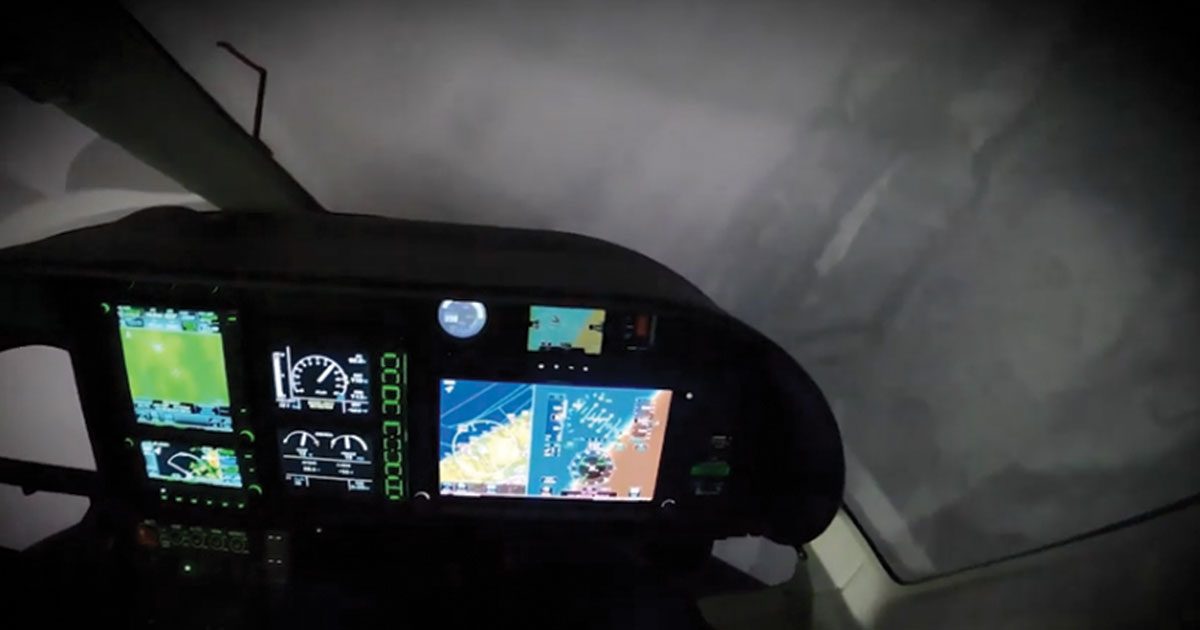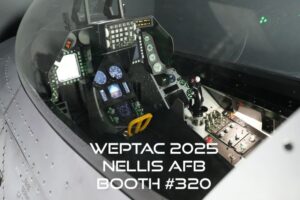A recent study aimed at improving safety and reducing the likelihood of fatal helicopter accidents due to degraded visual environments has found that experience can minimize the negative effects associated with a lack of currency and/or training. Conducted at the Heli-Expo 2022 event, the study used Precision Flight Controls’ HeliMod simulator to provide an immersive experience for participants. The study examined how different combinations of proficiency factors affect pilots’ ability to respond to unexpected, degrading visual conditions in flight. The researchers found that recent and repetitive, synthetic training opportunities, like those provided by the HeliMod simulator, could make a real difference in ensuring that aircrews survive what could have been a perilous 56 seconds.
During the study, participants were given a short briefing and instructed to treat the scenario as they would any actual flight. Once the briefing was complete, volunteers were seated in the virtual reality simulator, which had 3-axis movement and a complete set of Bell 206 helicopter flight controls with a virtual reality headset, creating a fully immersive experience. The scenario then evolved, and the visual environment was continually degraded until, eventually, the pilot lost all visual ground references. Researchers scored the pilot’s actions on a grade sheet which included scores for pilot decisions, pilot actions to recover from UIMC and the amount of time required to stabilize the aircraft.
The immersive nature of the HeliMod simulator was key in the research design, allowing pilots to recognize the hazardous conditions faster, respond to degraded visual conditions sooner, and establish aircraft control in a shorter amount of time. The study also found that experienced pilots were more likely to have a successful outcome than inexperienced pilots, for both trained and untrained pilots. The researchers suggest that future studies explore how synthetic experiences, such as the HeliMod simulator, can reduce the likelihood of IMC-related mishaps and provide low-cost opportunities to helicopter operations that cannot afford conventional instrument training.
Overall, this study provides valuable insights into how synthetic training opportunities like the HeliMod simulator can help improve safety and reduce the likelihood of fatal accidents due to degraded visual conditions in flight. The study’s findings highlight the importance of recent and repetitive training opportunities involving instrument meteorological conditions (IMC) and the need for additional research to further explore this topic.




